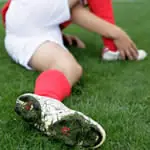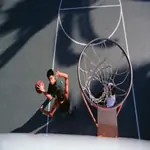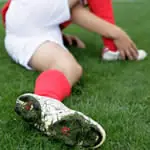Not all basketball players are outgoing and verbal. A team may consist of talkative players or shy, timid individuals. Regardless of your players' off-the-court personalities, communication on the court is essential for a successful basketball team.
Communicate on the Court
While coaching your team, you're constantly yelling instructions and calling plays. But your voice only carries so far. If you want your team to play together and improve, you must encourage your players to communicate on the floor.
Basketball Events Near You
Spring High School Co-ed Basketball Team
Spooky Nook Sports Ohio • Hamilton, OH
Basketball
Class of 2026
Coach Woottens Basketball Camp • Hamilton, OH
Basketball
Class of 2029
Coach Woottens Basketball Camp • Hamilton, OH
Basketball
Communication can separate a good team from a great team. Talking helps players get on the same page and assures that everyone is working together.
When players communicate, they give their teammates verbal cues. Simple phrases like, "screen left," "I've got your help" and "dead, dead, dead" can help teams make quick, on-court adjustments.
Talk on Defense
A point guard may not see a screen coming. If your center sees the screen, he or she can yell "screen left" and help the point guard avoid running into the pick. In this situation, communication prevents an offensive advantage.
Talking helps your defense coordinate its rotation. A great defense moves as one, and in order to do this; all of your players must communicate.
Talk on Offense
The point guard is like the extension of the coach on the floor. He has to know where everyone should be on offense, and he has to use verbal cues to get his teammates to the right spots.
Although communication generally starts with your point guard or captain, it's important for all of your players to be verbal on the floor. Yelling instructions on offense helps your team execute plays and score more points.
Play How You Practice
Just like basketball skills, team communication can be improved with practice. If you work on talking during practice, this will translate to the court on game day.
Whether it's calling out screens or talking on defense, communication helps your team play together, which can help you win more games.
Click here for more great tips from Breakthrough Basketball.






Discuss This Article